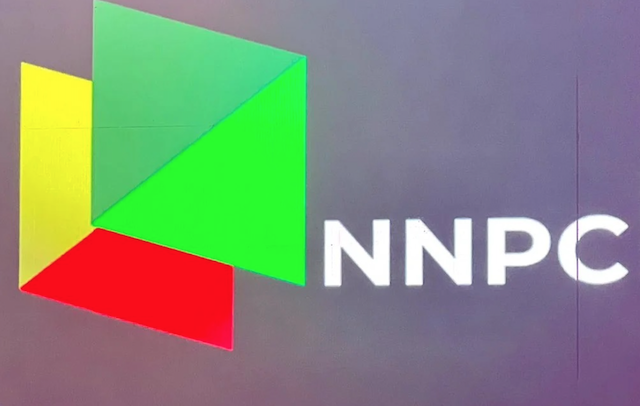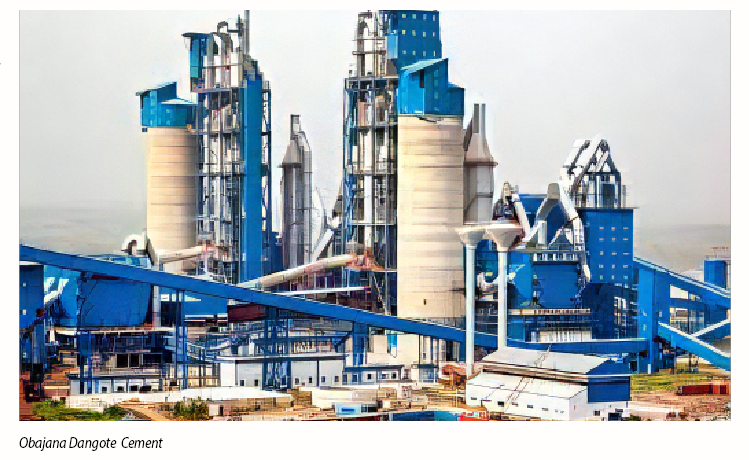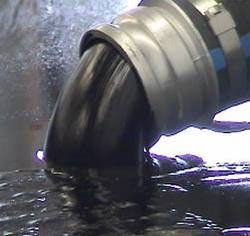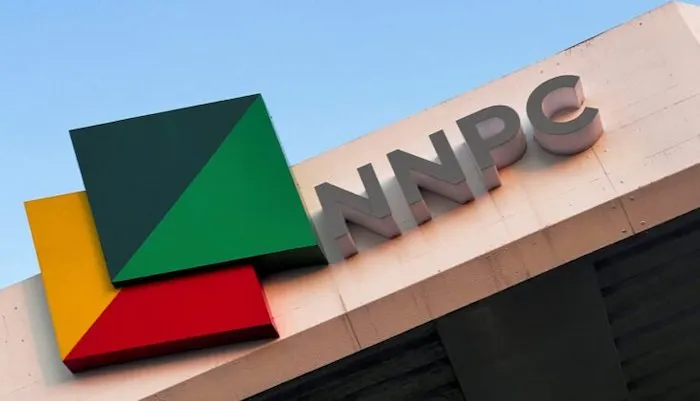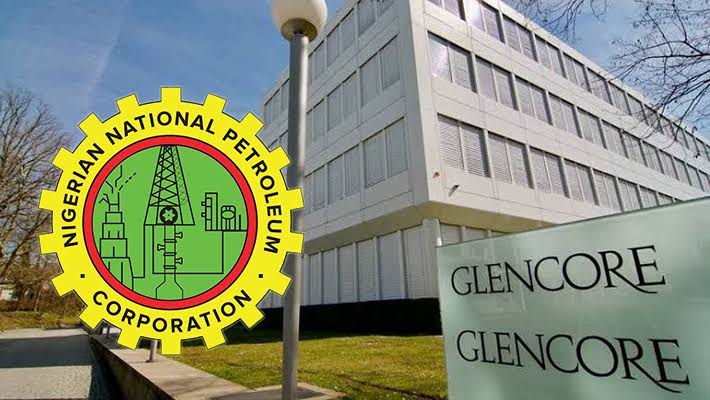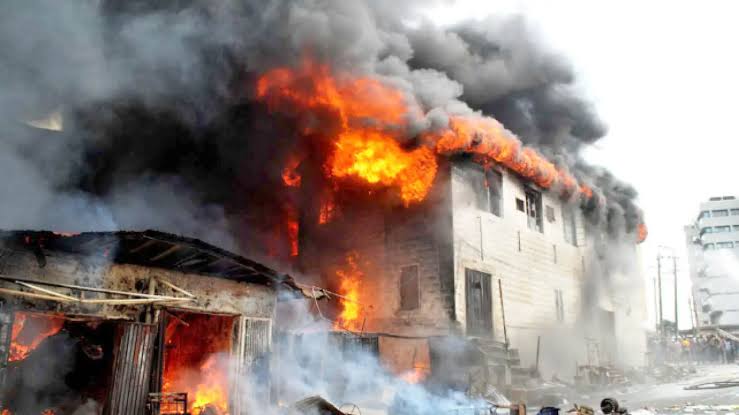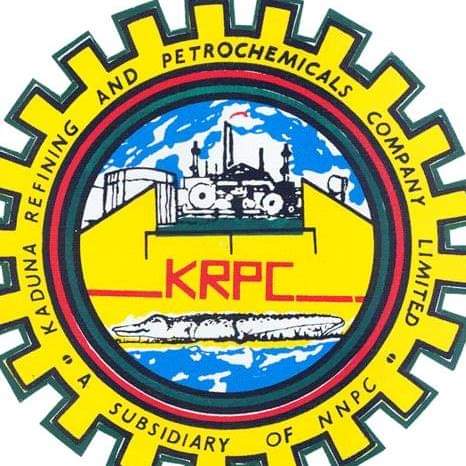Members of House of Representatives seem to be on a war path over the proposed probe of the operations of Nigeria National Petroleum Company Ltd. (NNPCL) under Mr Mele Kyari.
A group of members of House on Saturday placed adverts in three national dailies, urging the Joint Committee of House of Reps on Downstream and Mainstream to investigate the activities of Kyari.
However, in a new twist, some of the members said to be among the 118 legislators disclosed in Abuja on Saturday that they did not give their consent before the publication was made.
Lawmakers numbering 118 lawmakers led by Rep. Ibori-Suenu Erhiatake, Chairman, House Committee on Niger Delta Development Commission (NDDC), were alleged to have signed the publication.
In the advert the group demanded a fair hearing in the probe of Kyari, adding that any call for his resignation at this stage wais unnecessary and premature.
In their publication, the group of lawmakers also urged President Bola Tinubu to disregard the call for the NNPCL Group Chief Executive Officer, Kyari’s sack or his resignation.
They said rather efforts should be geared towards supporting Tinubu’s initiatives to reposition the nation’s oil sector.
Among the members who distanced themselves from the publication were Rep. Sesoo Ikpaher, Deputy Chairman, House Committee on Land Transport, Rep. Tochukwu Okere, and Rep. Toyin Fayinka.
Rep Philip Agbese, the Deputy Spokesperson of the House who was said to have endorsed the publication also denied giving his approval.
Agbese had in various media reports urged Tinubu to fire Kyari even before the commencement of the investigation.
When NAN contacted Agbese he said those though the lawmakers behind the advert sought his consent he asked for sometimes to give them a feedback because he was observing his prayers.
He said he was surprised to learn that he was included as part of the lawmakers that approved the publication.
Another lawmaker who pleaded anonymity told NAN that he did not see the draft of the publication before it was published,
`I would have advised against it. Those behind it called me and said they were working on something; I didn’t know it was an advertisement they were working on,” the lawmaker told NAN.
It would be recalled that Agbese and the group of other lawmakers under the group name Energy Reforms and Economic Prosperity had earlier called for the removal of Kyari.
The group insisted that Kyari had hindered the growth of the oil sector thereby for stalling the economic growth of the nation.
